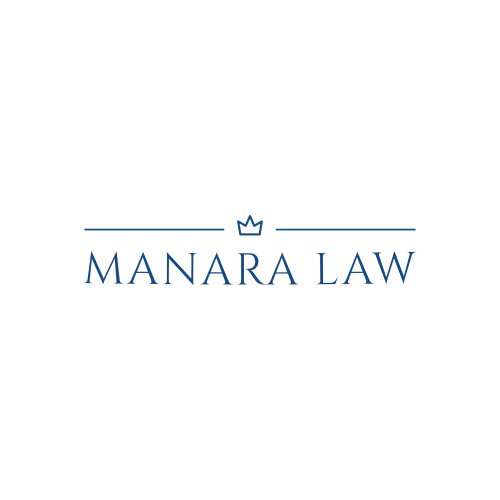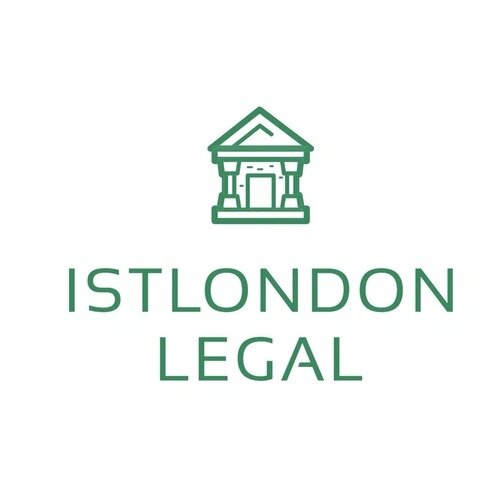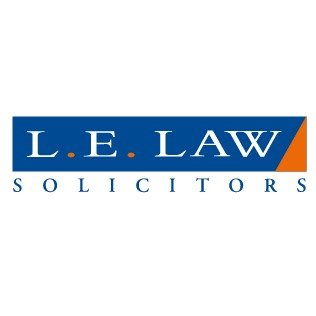Best Tax Increment Financing Lawyers in London
Share your needs with us, get contacted by law firms.
Free. Takes 2 min.
List of the best lawyers in London, United Kingdom
About Tax Increment Financing Law in London, United Kingdom
Tax Increment Financing (TIF) is a public financing method that is used as a subsidy for redevelopment and infrastructure projects in London, United Kingdom. It allows local authorities to borrow against the future increase in business rate revenues that are expected as a result of their development projects. This financial tool is designed to promote economic development, especially in areas that may be deemed unappealing for investment. TIF in London has gained traction as it provides an innovative way to fund development projects without imposing additional taxes on residents.
Why You May Need a Lawyer
Engaging a lawyer specialized in Tax Increment Financing can be crucial in several situations, such as:
- Negotiating the terms and conditions of a TIF agreement
- Understanding the intricate financial and legal implications of TIF proposals
- Ensuring compliance with local and national laws
- Resolving disputes between developers and municipal authorities
- Interpreting and applying planning regulations within TIF districts
Local Laws Overview
The legal framework governing Tax Increment Financing in London is influenced by both local policies and national legislation. Some of the key aspects include:
- The Local Government Finance Act 2012, which provides the legislative basis for TIF in England
- Regulations related to Business Rate Retention, allowing local authorities to retain a proportion of business rate growth
- Planning guidelines and zoning laws that affect how TIF districts can be developed
- Environmental and heritage preservation laws that need to be adhered to within redevelopment projects
Frequently Asked Questions
What is the primary objective of TIF?
The primary objective is to stimulate economic development and infrastructure improvement in areas that would otherwise remain underdeveloped.
Who approves TIF projects in London?
TIF projects require the approval of local authorities, often involving consultation with stakeholders and alignment with regional development plans.
Can TIF be used for residential development?
Yes, TIF can be applied to mixed-use developments including residential projects as long as they contribute to economic growth in the area.
How is the additional tax revenue calculated?
Additional tax revenue is based on the increase in property values and business rates within the TIF district as a result of development.
What are some typical projects funded by TIF?
Frequently funded projects include infrastructure improvements, public transportation enhancements, and community facilities.
Is there a risk involved with TIF?
Yes, there are financial risks associated with overestimating future tax increments, which can affect the repayment of borrowed funds.
How long can a TIF district exist?
The duration of a TIF district can vary but often ranges from 15 to 25 years, depending on the project and agreements.
Can existing taxes in a TIF district increase?
Existing taxes generally remain stable; however, the increase in property value due to development may lead to higher property taxes.
Are there any benefits for existing local businesses?
Yes, existing businesses often benefit from increased foot traffic and improved infrastructure resulting from TIF projects.
Can TIF be used in combination with other funding methods?
Yes, TIF can be combined with other financial tools such as grants or private investment to fund extensive development projects.
Additional Resources
Individuals seeking more information about TIF may benefit from consulting the following resources:
- The Local Government Association - offering guidance on economic development and finance
- Department for Levelling Up, Housing and Communities - for policy updates and legislative frameworks
- The Greater London Authority - for regional plans and development strategies
- Business Improvement Districts (BID) - organizations that may provide insights into TIF impacts on local businesses
Next Steps
If you need legal assistance with Tax Increment Financing, consider the following steps:
- Research local law firms experienced in planning and financial law
- Schedule consultations to discuss your specific needs and the scope of your project
- Prepare all relevant documentation, including TIF proposals and local authority communications
- Engage a lawyer to guide you through the legal nuances and represent your interests in negotiations and agreements
Lawzana helps you find the best lawyers and law firms in London through a curated and pre-screened list of qualified legal professionals. Our platform offers rankings and detailed profiles of attorneys and law firms, allowing you to compare based on practice areas, including Tax Increment Financing, experience, and client feedback.
Each profile includes a description of the firm's areas of practice, client reviews, team members and partners, year of establishment, spoken languages, office locations, contact information, social media presence, and any published articles or resources. Most firms on our platform speak English and are experienced in both local and international legal matters.
Get a quote from top-rated law firms in London, United Kingdom — quickly, securely, and without unnecessary hassle.
Disclaimer:
The information provided on this page is for general informational purposes only and does not constitute legal advice. While we strive to ensure the accuracy and relevance of the content, legal information may change over time, and interpretations of the law can vary. You should always consult with a qualified legal professional for advice specific to your situation.
We disclaim all liability for actions taken or not taken based on the content of this page. If you believe any information is incorrect or outdated, please contact us, and we will review and update it where appropriate.

















